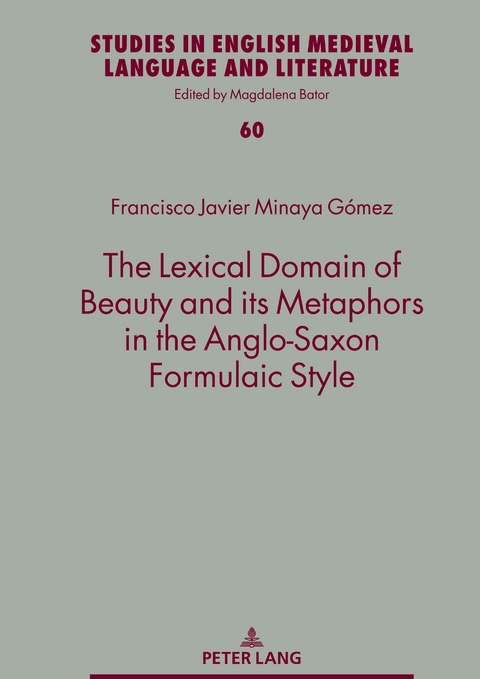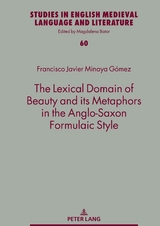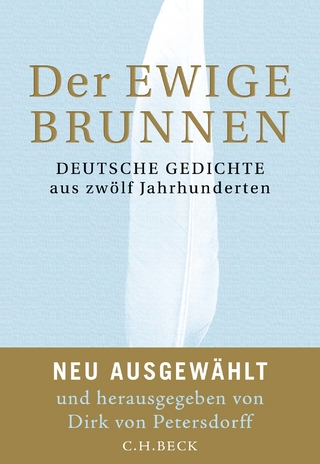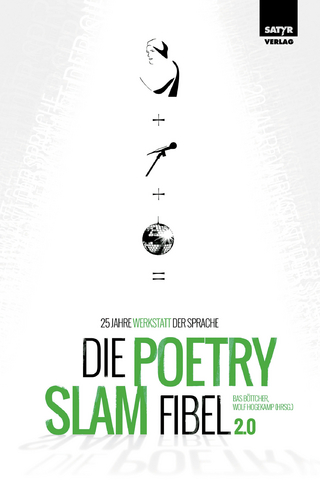The Lexical Domain of Beauty and its Metaphors in the Anglo-Saxon Formulaic Style
Seiten
2021
Peter Lang Gmbh, Internationaler Verlag Der Wissenschaften
978-3-631-85585-0 (ISBN)
Peter Lang Gmbh, Internationaler Verlag Der Wissenschaften
978-3-631-85585-0 (ISBN)
This monograph offers an analysis of the lexical domain of beauty and other additional lexical domains that are figuratively used to refer to beauty, highlighting their central role in the Anglo-Saxon formulaic style.
lt;p>This monograph offers an analysis of the lexical domain of beauty and other additional lexical domains that are figuratively used to refer to beauty, highlighting their central role in the Anglo-Saxon formulaic style. Using different methods from computational and cognitive linguistics, this study is aimed at determining the exact semantic value of these terms, detecting possible patterns of metaphorization and metonymization and identifying strategies behind their usage, ultimately determining how beauty was conceptualised and experienced in early Medieval England and in its literature. This research evidences the importance of this aesthetic idea in the Old English poetry and its aesthetic paradigm and revealing the core associations between beauty and other religious and social ideas.
lt;p>This monograph offers an analysis of the lexical domain of beauty and other additional lexical domains that are figuratively used to refer to beauty, highlighting their central role in the Anglo-Saxon formulaic style. Using different methods from computational and cognitive linguistics, this study is aimed at determining the exact semantic value of these terms, detecting possible patterns of metaphorization and metonymization and identifying strategies behind their usage, ultimately determining how beauty was conceptualised and experienced in early Medieval England and in its literature. This research evidences the importance of this aesthetic idea in the Old English poetry and its aesthetic paradigm and revealing the core associations between beauty and other religious and social ideas.
lt;p>Francisco J. Minaya Gómez is an Assistant Lecturer at the Faculty of Letters in the University of Castilla-La Mancha and a teacher of early Medieval English literature. His research focuses on the conceptualisation and expression of emotions in Old and Middle English language and literature.
lt;p>Old English - Old English poetry - Anglo-Saxon verse - metaphor studies - cognitive linguistics - aesthetic emotions - emotion research - history of emotions
| Erscheinungsdatum | 07.10.2021 |
|---|---|
| Reihe/Serie | Studies in English Medieval Language and Literature ; 60 |
| Mitarbeit |
Herausgeber (Serie): Magdalena Bator |
| Verlagsort | Frankfurt a.M. |
| Sprache | englisch |
| Maße | 148 x 210 mm |
| Gewicht | 427 g |
| Themenwelt | Literatur ► Lyrik / Dramatik ► Lyrik / Gedichte |
| Geisteswissenschaften ► Sprach- / Literaturwissenschaft ► Literaturwissenschaft | |
| Geisteswissenschaften ► Sprach- / Literaturwissenschaft ► Sprachwissenschaft | |
| Schlagworte | aesthetic emotions • Anglo • Bator • Beauty • Cognitive linguistics • Domain • English • formulaic • Francisco • Gómez • history of emotions • Javier • lexical • Magdalena • metaphors • Minaya • Old English • Old English poetry • Poetry • Saxon • Style • Vernacular |
| ISBN-10 | 3-631-85585-0 / 3631855850 |
| ISBN-13 | 978-3-631-85585-0 / 9783631855850 |
| Zustand | Neuware |
| Informationen gemäß Produktsicherheitsverordnung (GPSR) | |
| Haben Sie eine Frage zum Produkt? |
Mehr entdecken
aus dem Bereich
aus dem Bereich
Deutsche Gedichte aus zwölf Jahrhunderten
Buch | Hardcover (2023)
C.H.Beck (Verlag)
28,00 €
25 Jahre Werkstatt der Sprache
Buch | Softcover (2020)
SATYR Verlag
16,00 €




